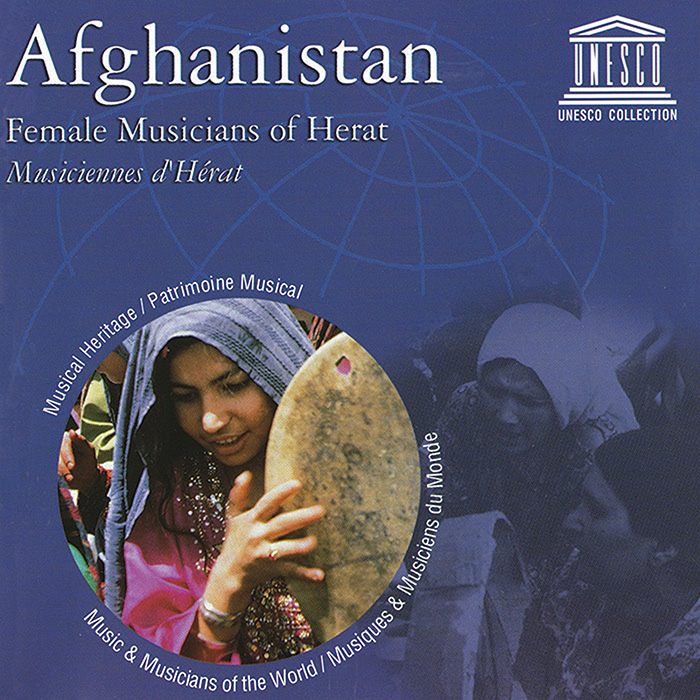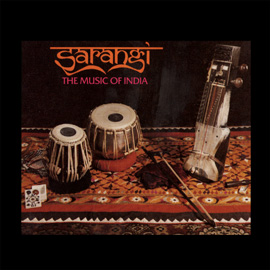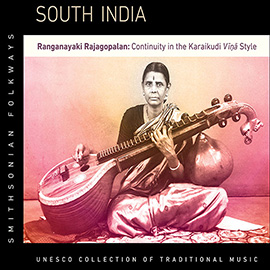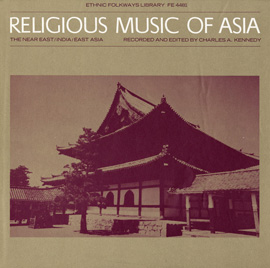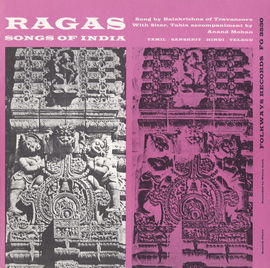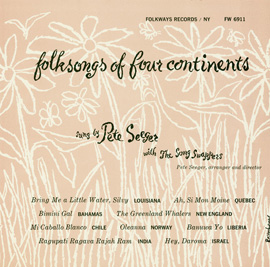Track Listing
|
101
|
Zainab Herawi, Anar Gol
|
04:41 | |
|
102
|
Adeh
|
02:02 | |
|
103
|
n/a
|
02:35 | |
|
104
|
Zainab Herawi, Anar Gol
|
09:14 | |
|
105
|
Madar-e Zahir
|
03:00 | |
|
106
|
Adeh
|
03:00 | |
|
107
|
Zainab Herawi, Anar Gol, Urak, Halimeh
|
03:54 | |
|
108
|
Madar-e Abdul
|
01:46 | |
|
109
|
Mah Gol, Shah Gol
|
00:57 | |
|
110
|
Nassimeh Massieh
|
03:02 | |
|
111
|
Madar-e Zahir
|
01:28 | |
|
112
|
Bobo
|
01:21 | |
|
113
|
n/a
|
01:53 | |
|
114
|
Shah Gol
|
00:44 | |
|
115
|
Lagha, Gohar, Zuleikha
|
06:33 | |
|
116
|
Zainab Herawi, Anar Gol
|
01:32 | |
|
117
|
Zainab Herawi, Anar Gol
|
02:32 | |
|
118
|
Hawa
|
02:58 | |
|
119
|
Madar-e Zahir
|
01:44 | |
|
120
|
Zainab Herawi, Anar Gol
|
04:26 | |
|
121
|
Adeh
|
02:21 | |
|
122
|
Zainab Herawi, Siah
|
02:30 |


